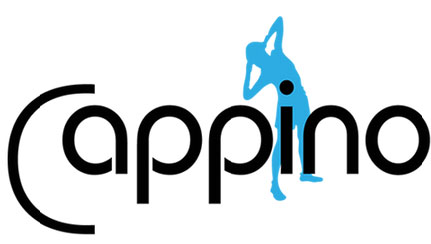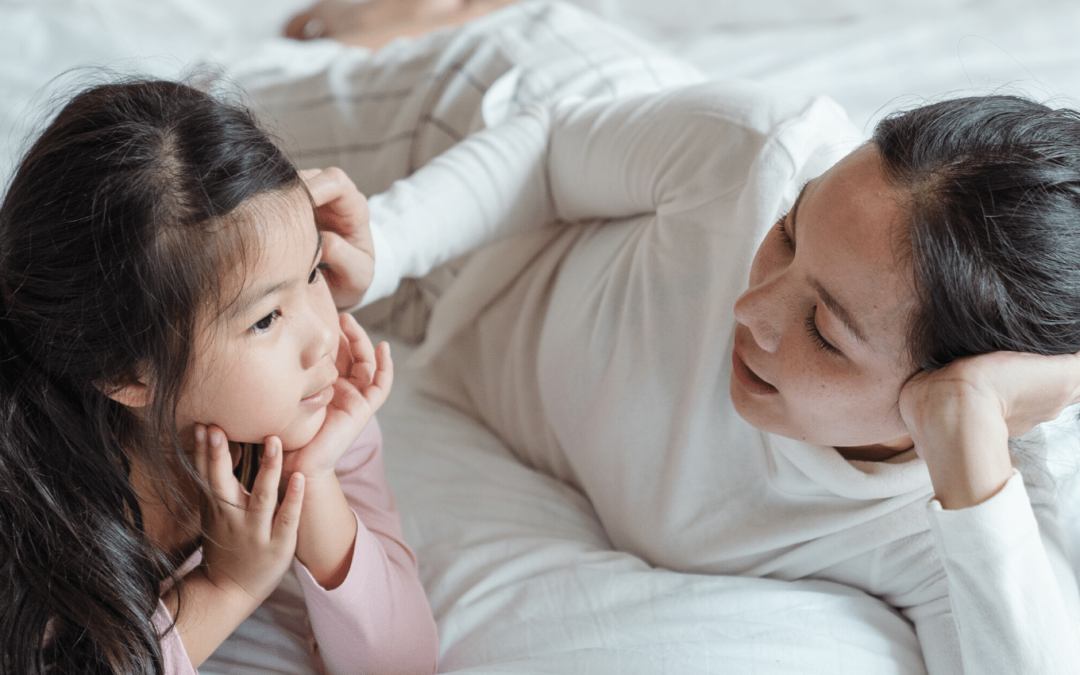As the community begins to open up our children will also have increased opportunities to engage in social activities – so how do you feel about that? And how do they feel about that?
Below are a few suggestions in just how you might want to do that:
Actions speak louder than words: It’s important to remember that you are role models for your children – they will be watching the way you talk about, react and model comfortable and safe behavior. Make sure you walk the talk and keep actions and messages clear. That means wearing a mask, washing your hands, social distancing when in and outside the home. Furthermore, if you are feeling anxious or stressed they will pick up on that and start to see the world as an unsafe place. That being said, this is an excellent time to explore how to become more resilient by discussing ways in which you have dealt with difficult or stressful issues in the past. This is a really great time to pull from past coping mechanisms and try to utilize them.
Validate, Normalize and Generalize: Make space for your children to share their concerns, thoughts and feelings about reintegration. It’s helpful to encourage them to talk about their worries so that they don’t bottle them up inside. Try to curb the urge to ‘fix” their concerns, instead validate their words as they share their thoughts and feelings. Acknowledge that this is new territory for all of us – but together we will find our way through it. The important thing is not to hold feelings, thoughts or concerns inside – as when we do that, nothing gets resolved. So model that it’s ok to talk about their worries. Respond to questions in an age appropriate way – feel confident in that you know your child best – so you can answer honestly, simply and with love – always let their questions guide you.
A little reassurance goes a long way: It’s also important to remind your children that camp counsellor, teachers, and community organizations are all working very hard to do whatever they can to ensure that all children feel safe and cared for when they enter buildings. That means both hygiene measures such as installing hand sanitizers, social distance set ups, dividers when necessary. If children are anxious about school work missed, remind them that it is their teachers job to make sure all children are caught up with any school work they may have missed. Lastly if children seem to be demonstrating some separation anxiety – validate that is normal too. Then move the discussion towards what you can do together to help with that – wear a watch, maybe hold onto an item of the parent or caregiver while they are apart. Identify something that can help the child feel connected while not actually being in the presence of their parent or caregiver.
While this pandemic has really thrown many aspects of our lives out of whack- it has also taught us that we are able far more resilient than we might have ever thought possible. So rather than focus on what we have lost (and yes, we may have lost a lot) please also try to remember what we have also gained – more time with our children, connection and perspective – let’s continue to use it wisely.
Written by,
Corrie Sirota M.S.W., P.S.W. OTSTCFQ, OPQ
Grief, Loss and Bereavement Specialist – Counseling & Psychotherapy
Clinical Director, Camp Jackie
corrie@corriesirota.com
www.corriesirota.com
Author of “Someone Died…Now What? A Personal and Professional Perspective on Coping With Grief and Loss” available on amazon.com
TEDx Laval Speaker – Loss and Found: Creating New Normals After Someone You Love Dies:
Co-Host of Life Unrehearsed on CJAD800 Sundays 4:00pm – 5:00pm EST

